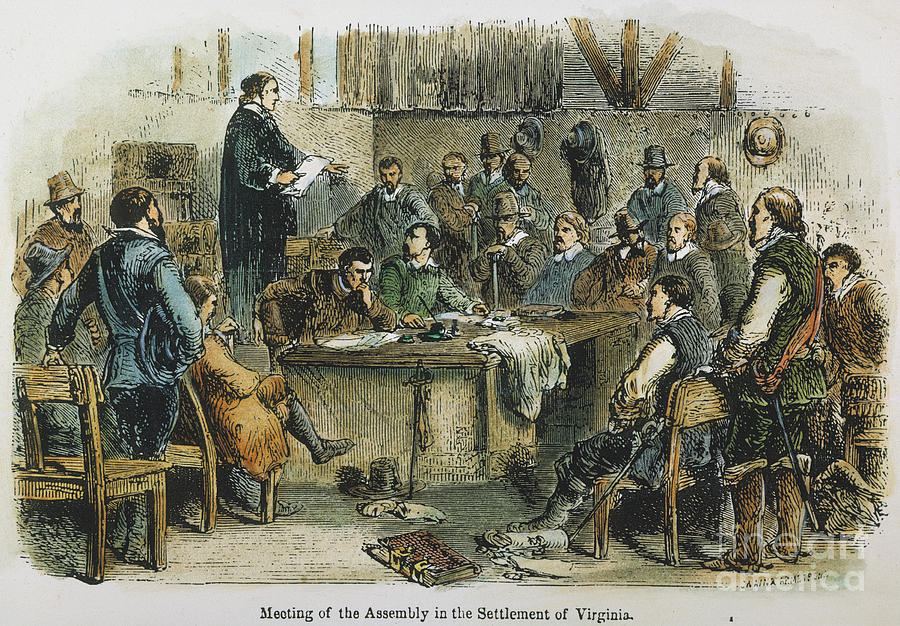Every presidential campaign season I ruminate on the history of American politics, and since we’re coming down to the wire in the current race, I thought this would be a timely—and lively—topic for discussion. We hear a lot of complaints about personal attack ads and dirty tricks, including from the politicians who are guilty of using them. But you don’t have to do much digging to discover that political chicanery is a time-honored American tradition that has been exercised with glee since America was still a collection of British colonies on the course toward revolution. So let’s take a quick tour of some of the more egregious examples from our nation’s history.
,_The_Bostonians_Paying_the_Excise-man,_or_Tarring_and_Feathering_(1774)_-_02.jpg)
Political parties didn’t exist in this country until we were well on the way to revolution. At that point, the division between those who supported the British and those who opposed them spawned the Loyalists, or Tories, and the Patriots, or Whigs. There was no such thing as neutrality between the two points of view. Anyone who didn’t support one side was automatically consigned to the opposition. Where Patriots held sway, mobs often forced Loyalists out of their homes, denying them legal counsel and trial. Loyalists might be jailed, have their property confiscated, their citizenship revoked, and even be exiled. Where Loyalists held power, Patriots suffered similar treatment. At times someone of the wrong political persuasion was even tarred and feathered and run out of town on a rail.
Mobs played a big part in colonial politics, particularly in Boston, where Dr. Joseph Warren helped to refine mob rule into an art form. But mobs were a force to be reckoned with throughout the colonies. In June 1775, one placed the home of New Hampshire’s last royal governor, John Wentworth, under siege, demanding he turn over his guest, John Fenton, who had urged acceptance of the latest British proposals to avert the crisis. When Fenton understandably refused to comply, the crowd wheeled a cannon in front of the mansion and beat on the walls with clubs until the hapless offender finally gave himself up. Fearing for his and his family’s safety, that night the governor fled with his wife and young child to the fort in Portsmouth harbor, ending decades of British rule in that colony. Nothing like the direct approach to changing your government!
From America's earliest days as a democracy, name-calling and character assassination has been a highly popular tactic, such as when Davy Crockett accused Martin Van Buren of secretly wearing women’s corsets. In 1828, when John Quincy Adams and Andrew Jackson vied for president, Jackson’s campaign nicknamed Adams The Pimp, based on a rumor that as the American ambassador to Russia he had forced a young woman into an affair with a Russian nobleman. Adams’ supporters responded by circulating a pamphlet claiming that Jackson's mother had been a prostitute brought to this country by British soldiers, and that Jackson was the offspring of her marriage to a mulatto!

The name-calling in the 1800 presidential election between Thomas Jefferson and John Adams, however, takes the prize for no-holds-barred mudslinging. Some of the charges and counter-charges are cited in this hilarious YouTube video:
Election of 1800 Attack Ads. And you thought our modern political chicanery was bad!

In 1840, American politician Thomas Elder wrote to a friend that “Passion and prejudice properly aroused and directed do about as well as principle and reason in any party contest.” Every campaign season we see the proof of that claim!
So what do you think? Has the political scene improved any today? What are your main (nonpartisan only!) gripes about American political campaigns? What, if anything, can be done to change things?













,_The_Bostonians_Paying_the_Excise-man,_or_Tarring_and_Feathering_(1774)_-_02.jpg)

